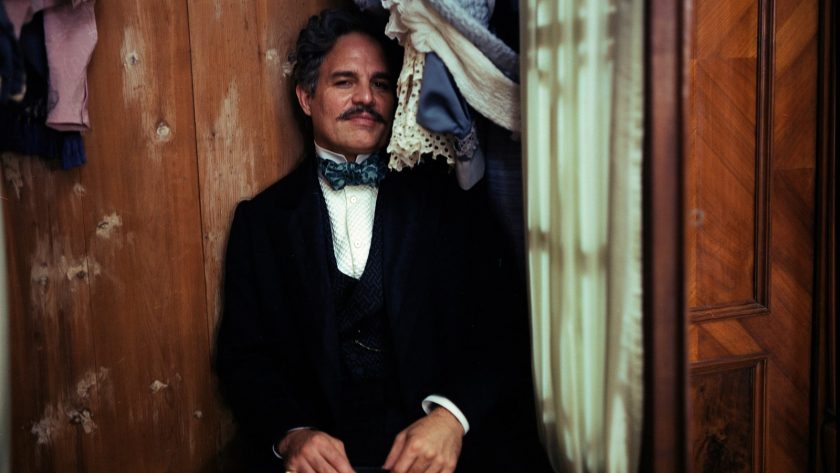Yorgos Lanthimos’s The Favourite was an unequivocal success—an utterly bonkers 18th-century romp which thrilled audiences, dazzled critics, received 10 Oscar nominations, and secured Olivia Colman a well-deserved best-actress statuette. So, naturally, anticipation has been high for the Greek auteur’s feature-length follow-up, which just premiered at the Venice Film Festival: Poor Things, an equally wacky period piece adapted from Alasdair Gray’s novel of the same name, led by one of the stars of his previous hit, Emma Stone, and penned by one of its writers, Tony McNamara. Does it live up to expectations? In short, yes, but it’s also wilder, weirder, and more ambitious than its predecessor—a film which breaks boundaries and subverts our assumptions with as much joy and recklessness as its wide-eyed heroine.
She is Bella Baxter, played with childlike delight by Stone, in what is almost definitely her strangest and also perhaps her best performance to date. When we first meet her, she’s the rebellious charge of Willem Dafoe’s Dr. Godwin Baxter, a pioneering Victorian surgeon who, we soon learn, discovered her dead, pregnant body in the Thames, delivered her child, who miraculously survived, transplanted its brain into her skull, and revived her. As a result of this twisted experiment, Bella is an overgrown infant who is rapidly learning to walk, talk, and assert herself (fittingly, her nickname for her guardian is “God”). The latter eventually enlists the help of an associate, Max McCandless (Ramy Youssef), to track Bella’s development. He falls for her and Godwin agrees to give him her hand on the condition that they remain with him—but Bella, who is then discovering her sexuality and yearning for adventure, has other ideas. Enter the smarmy lawyer Duncan Wedderburn (a side-splittingly unhinged Mark Ruffalo), a rake who sweeps her off her feet and takes her on a madcap Grand Tour that opens Bella’s eyes to all the possibilities of the world.



